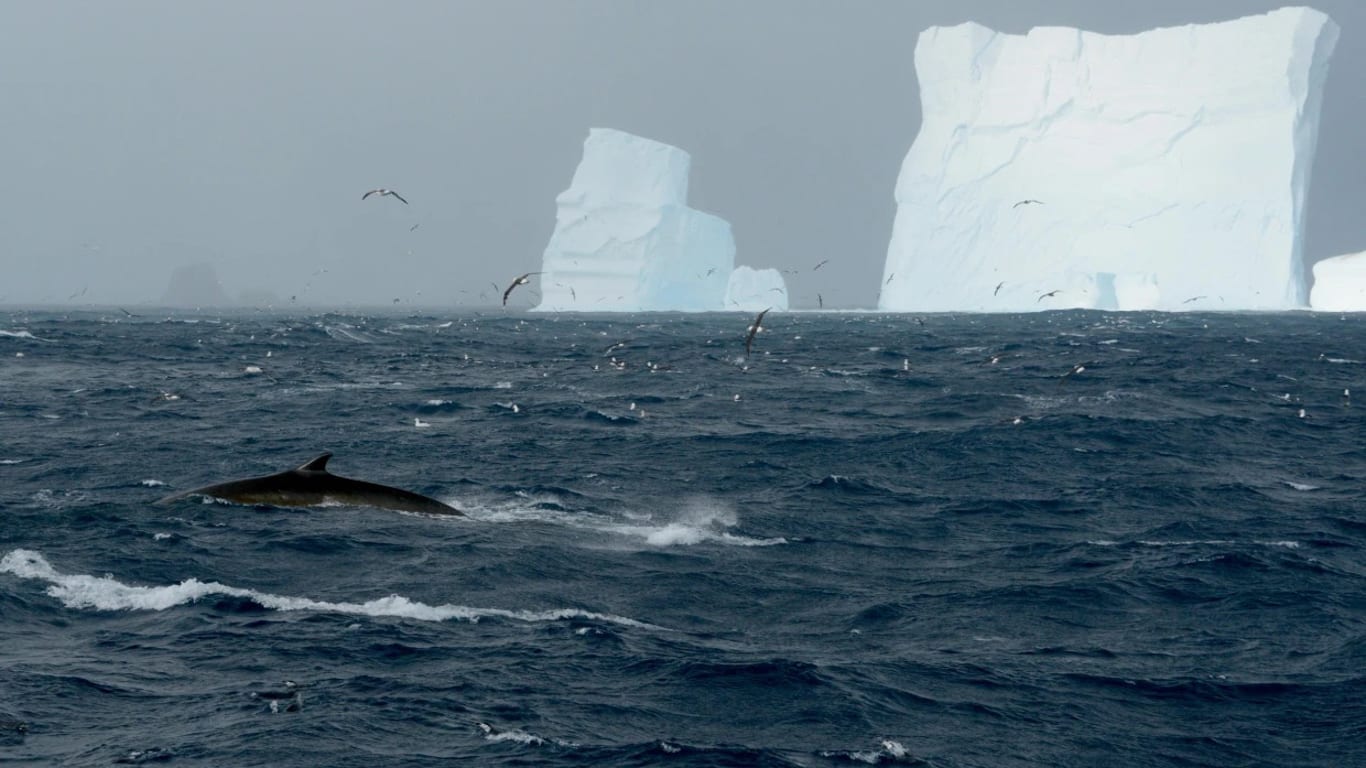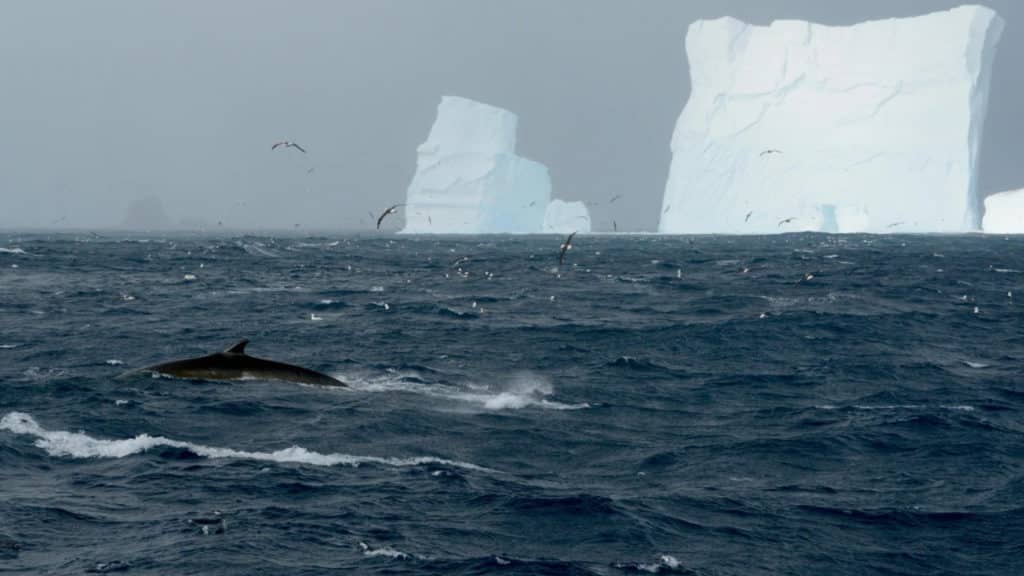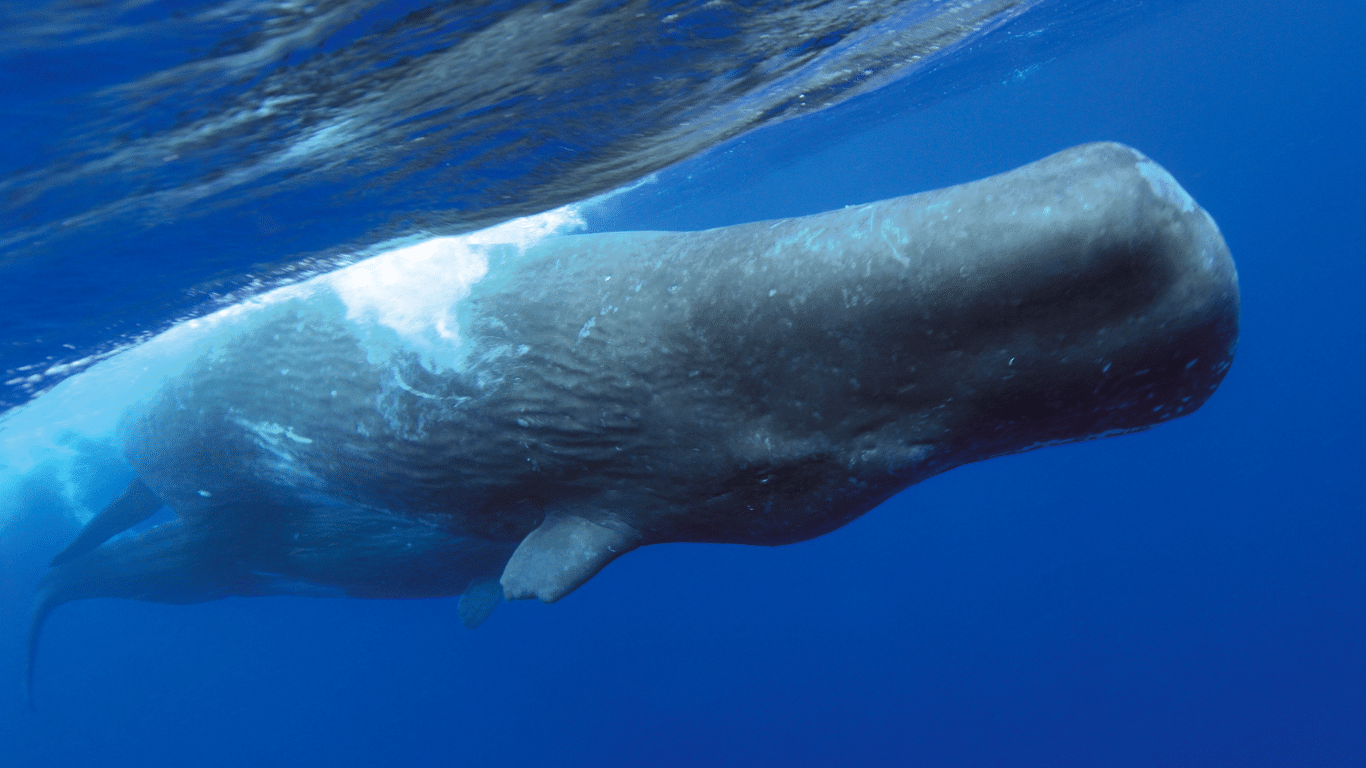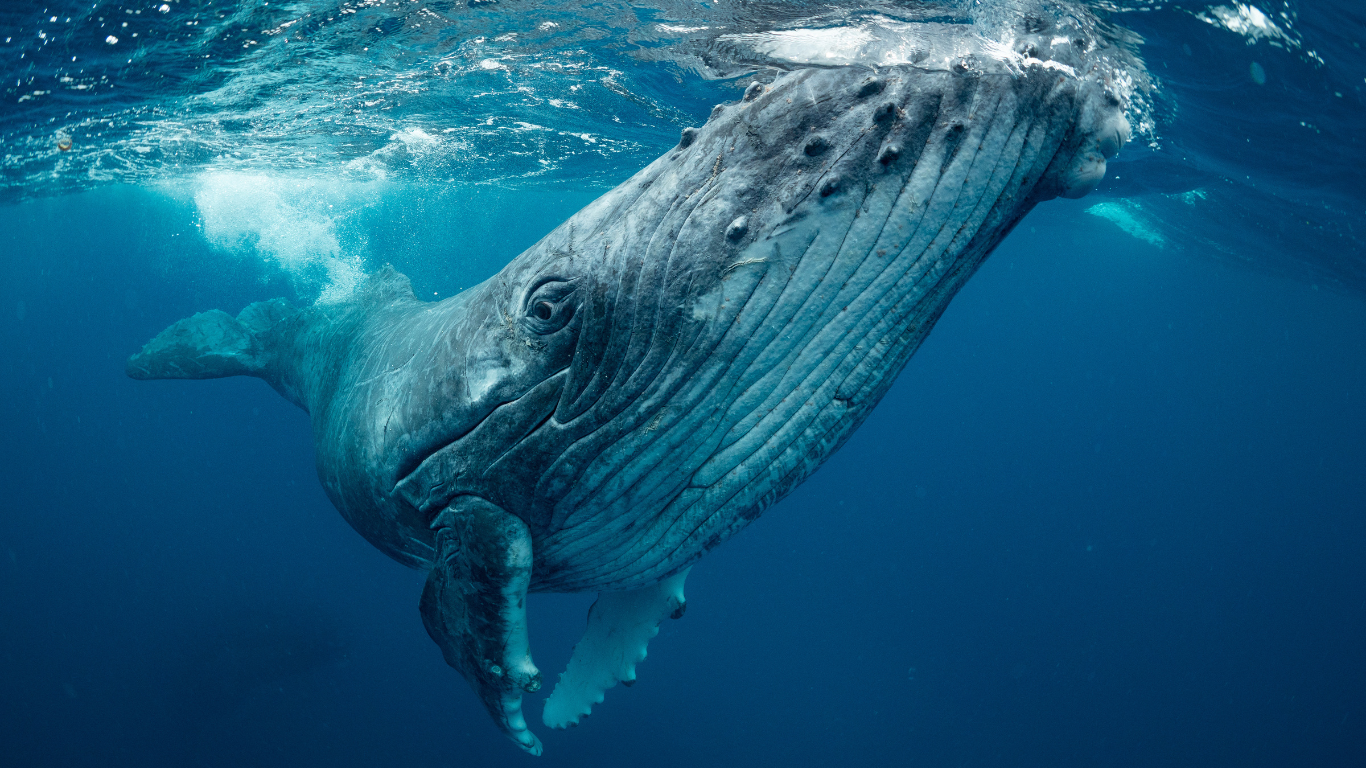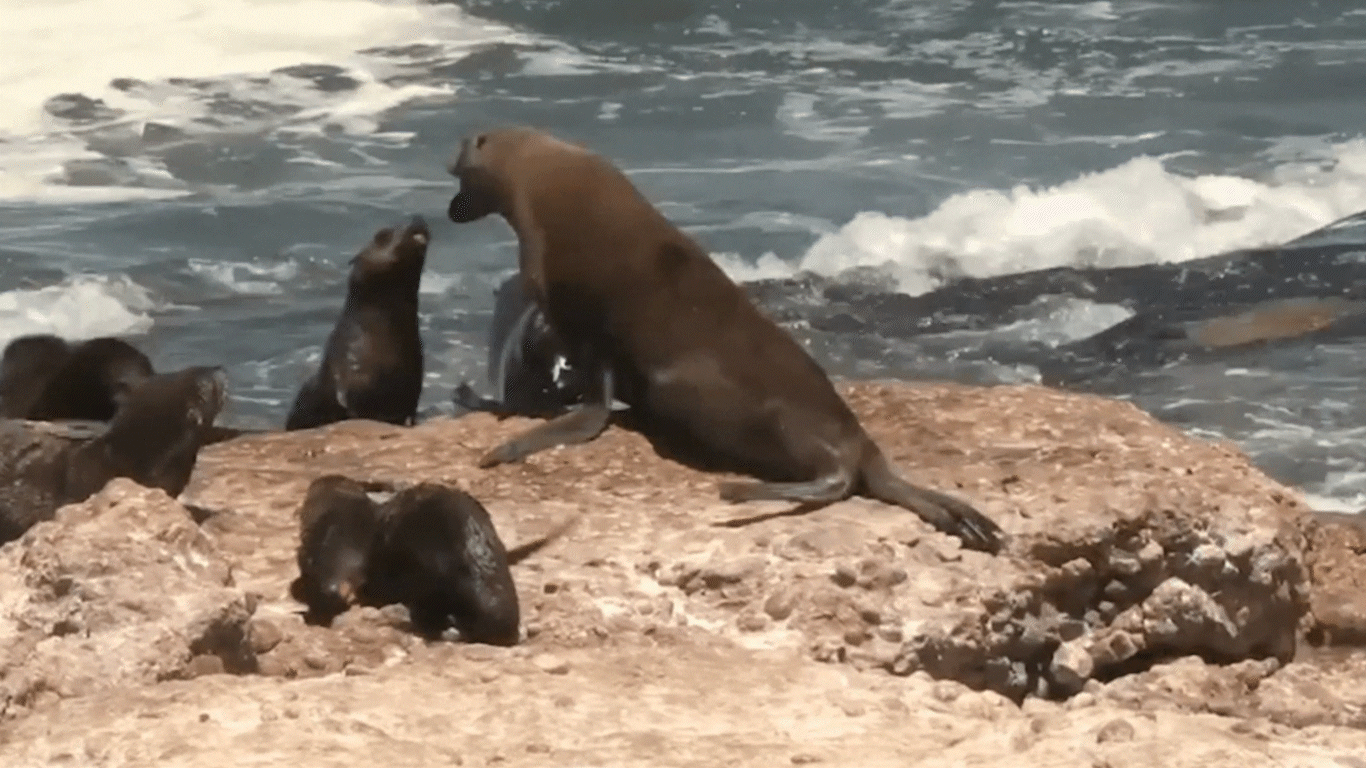A pod of up to 150 southern fin whales has been spotted feeding together in Antarctica, in what has been called a ‘thrilling’ spectacle, according to The Guardian. Scientists say it offers renewed hope for a species hunted to near-extinction during catastrophic industrial whaling that took place in the 20th century.
Southern fin whales are the world’s second-largest animals after blue whales, but their size could not protect them from the horrors of whaling, which decimated their populations across the planet. The practice was banned in 1976, and while their numbers have slowly begun to recover, the species is seldom sighted in their ancestral feeding areas.
“They were reduced to 1 or 2% of their original population size,” Helena Herr of the University of Hamburg was quoted as saying. Herr is the lead author of research published in the journal Scientific Reports. “We’re talking about a couple of thousand animals left for the whole southern hemisphere area.”
Herr describes the sighting, which took place just a few days ago near Elephant Island in the Antarctic, as “one of nature’s greatest events”. Researchers and videographers were able to capture the scenes on camera, and in drone footage shot by the BBC, the giant creatures can be seen surging and swooping through the water.
The sighting is particularly extraordinary as previously recorded feeding groups comprised, at most, around a dozen of the mammals.
When left undisturbed, southern fin whales can live up to eighty years. But because they give birth to only one calf at a time, population regeneration can take a long time – especially as marine creatures face continued and mounting threats to their survival, including being struck by boats.
Fin whales are listed as ‘vulnerable’ by the International Union for Conservation of Nature (IUCN), with an estimated global population of around 100,000. Researchers estimate that as many as 700,000 or more were wiped out by whaling.
The potential recovery of the species has the potential to improve their region’s marine ecosystem, say researchers, as fin whales eat and excrete krill and other types of plankton. Whale excrement is high in nutrients, and in particular nitrogen. When nitrogen reaches the surface of the water, it feeds phytoplankton – an important source of food for many fish and other marine species, according to a study by the University of Vermont.
“We are delighted by this rare and momentous sighting – a small victory as we battle a near never-ending onslaught on our planet’s marine life,” said David Barritt of Animal Survival International. “The world’s oceans have been destroyed by the scourge of whaling, and it is high time it is outlawed for good in every part of the world.”
Banner: DanBeecham_NBCNews

